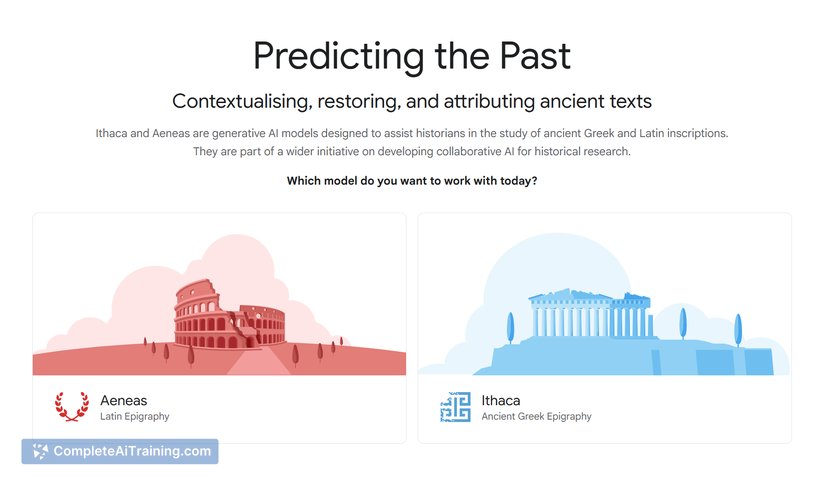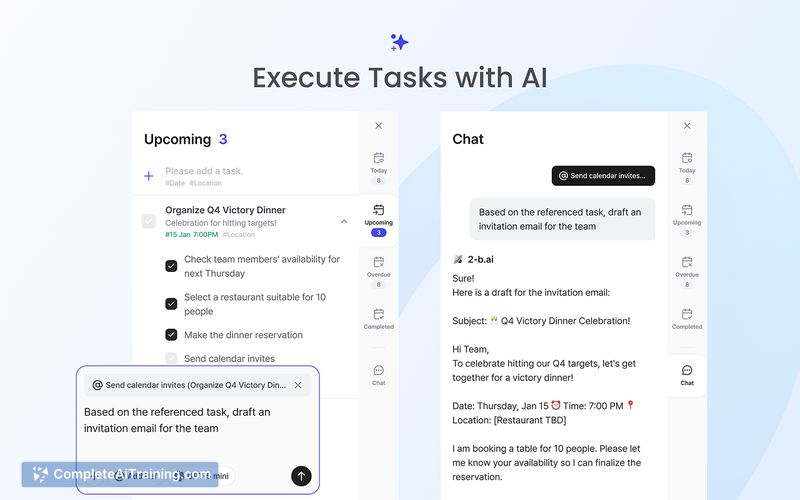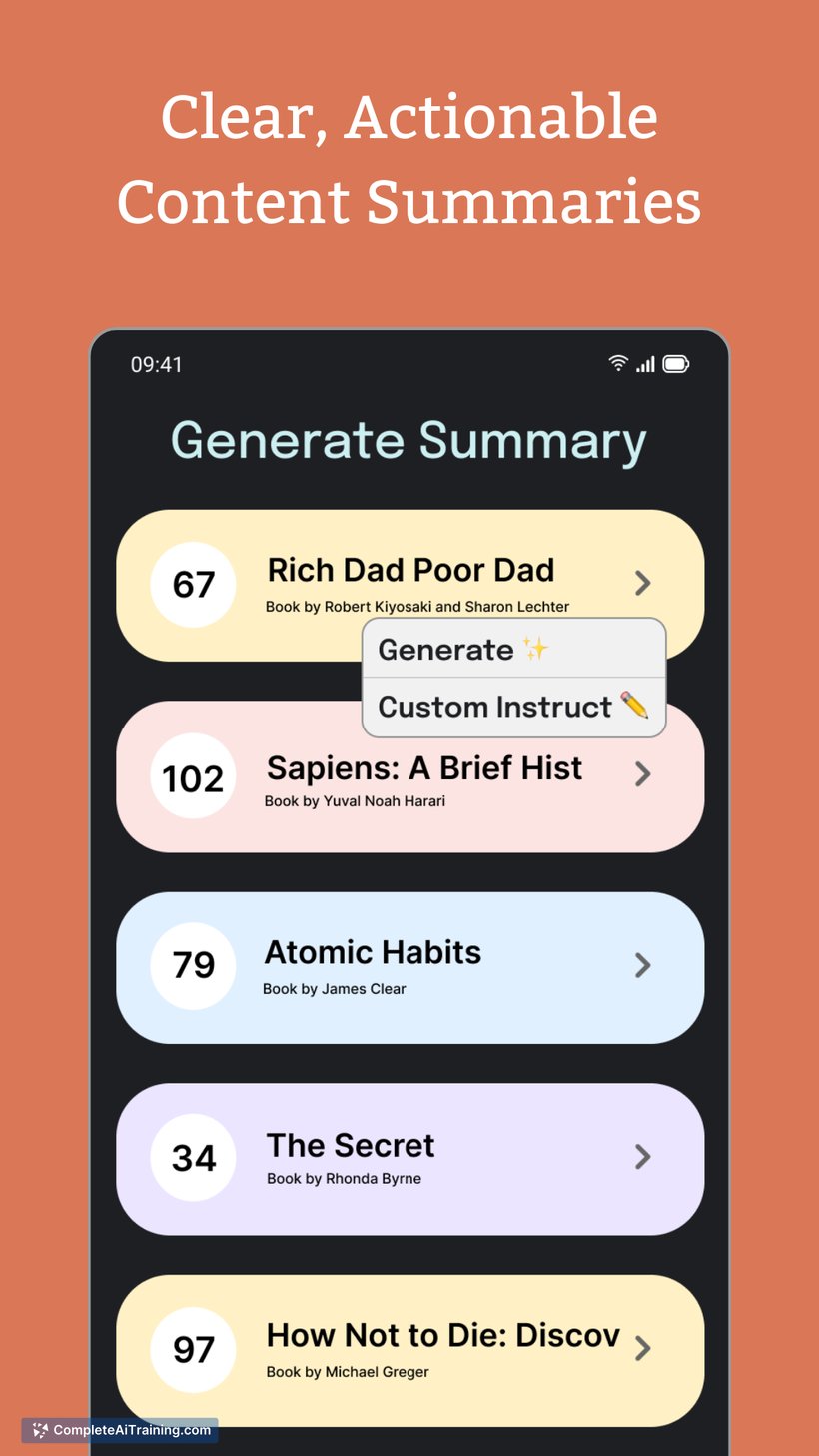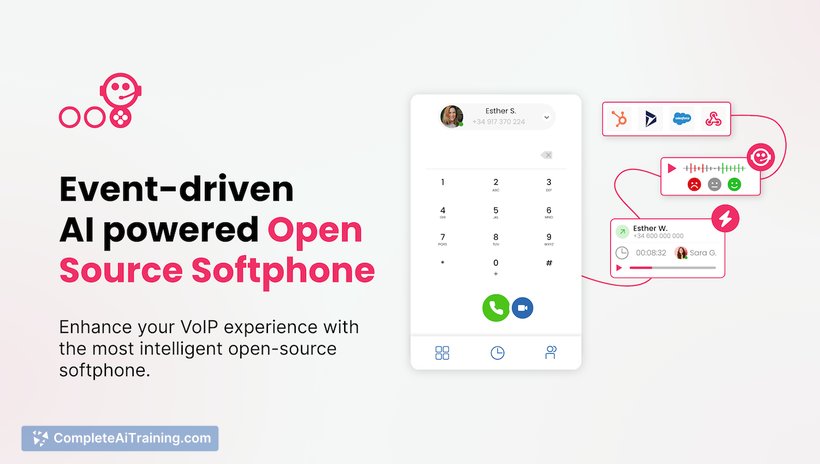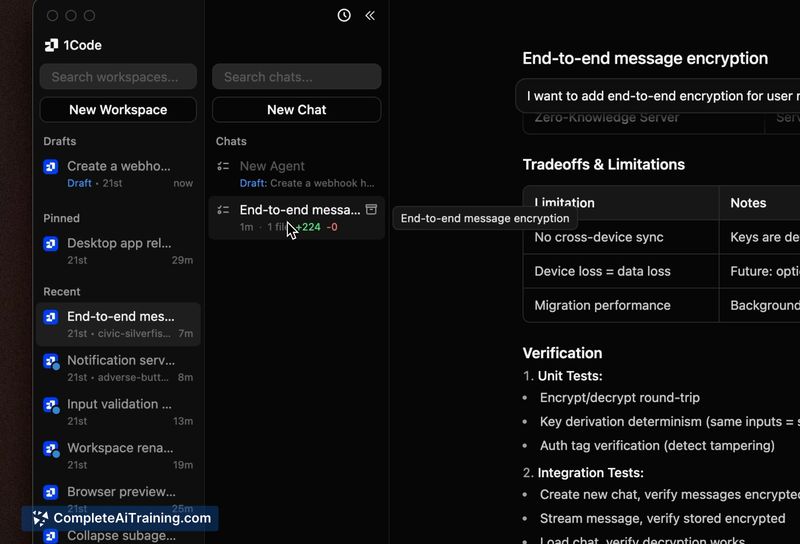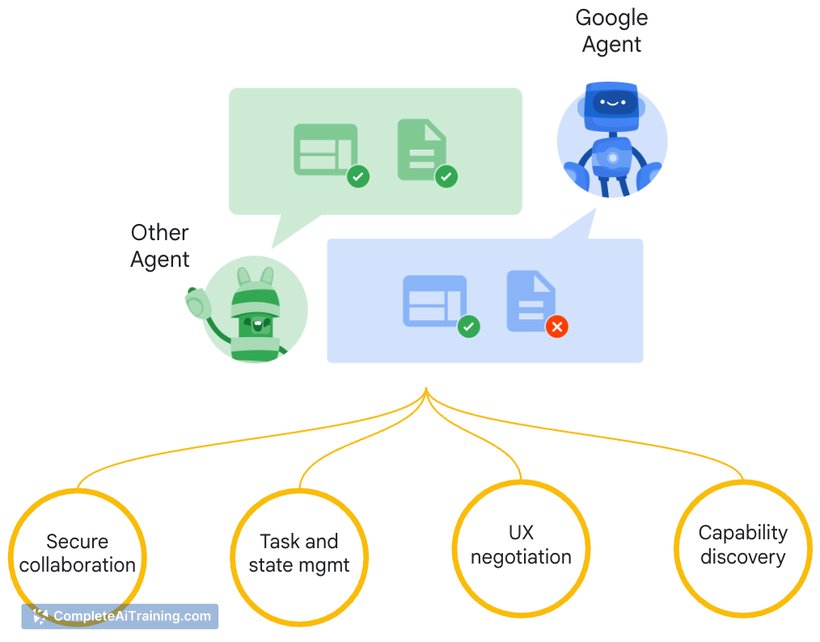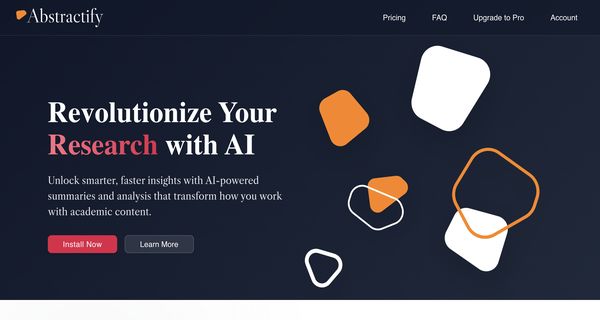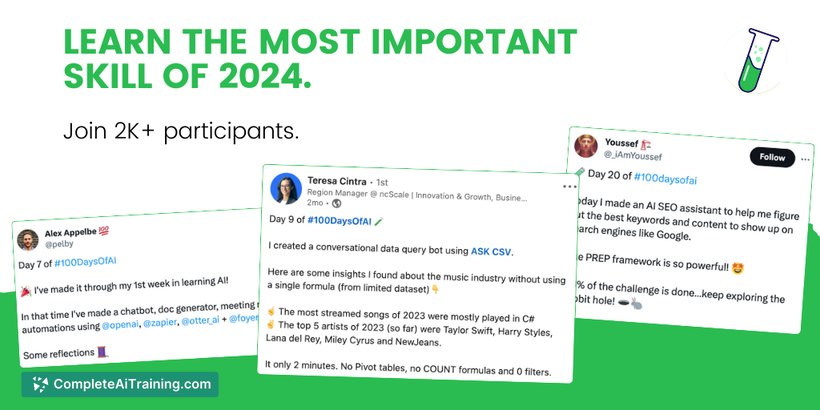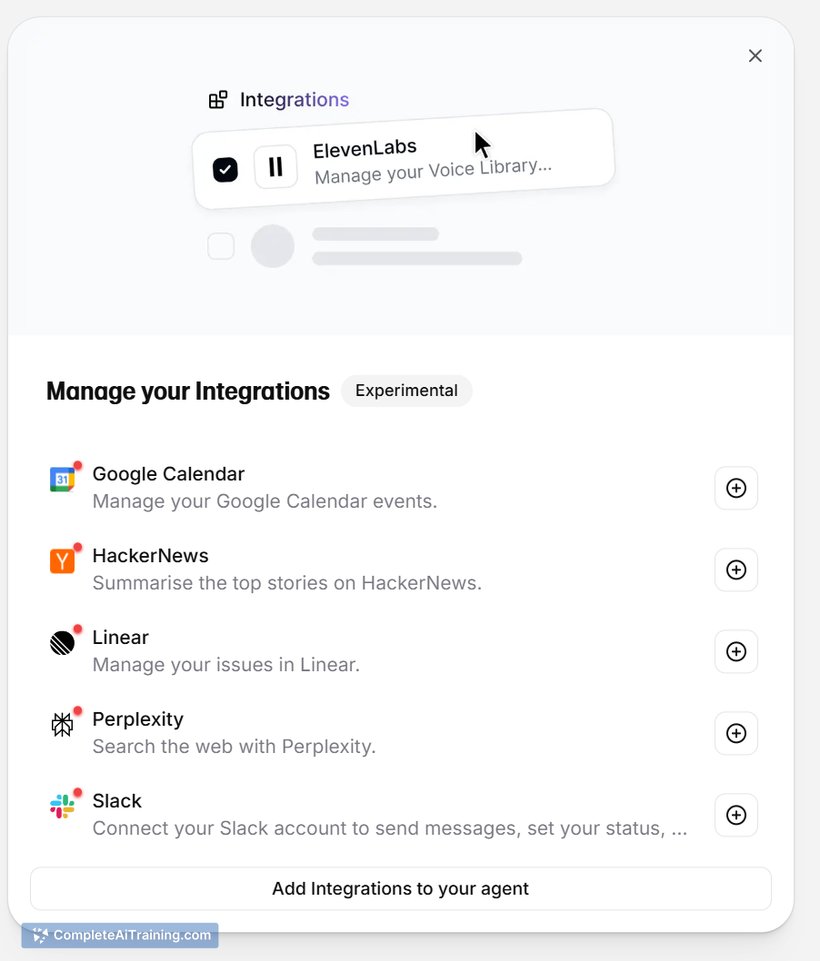About Aeneas
Aeneas is an open-source AI tool developed by Google DeepMind that assists historians in restoring, dating, and situating fragmentary ancient inscriptions. By analyzing both textual and visual data, it offers new insights and context for interpreting damaged historical texts.
Review
Aeneas presents a specialized application of artificial intelligence aimed at supporting historical research, particularly in the study of ancient inscriptions. It helps fill gaps in fragmentary evidence, providing historians with suggestions that can guide further investigation. While it does not replace traditional methods, it serves as a valuable aid in piecing together historical narratives.
Key Features
- Integration of text and image analysis to interpret damaged inscriptions
- Open-source availability, encouraging transparency and collaboration
- Capabilities for restoring incomplete ancient texts with contextual clues
- Tools for dating and geographically placing inscriptions
- Support for academic and scientific research in history and archaeology
Pricing and Value
Aeneas is offered free of charge as an open-source project. This pricing model makes it accessible to researchers, educators, and institutions without financial barriers. Its value lies in providing a sophisticated AI resource that complements existing historical research methods, enabling users to explore fragmentary inscriptions more effectively.
Pros
- Free and open-source, encouraging broad access and collaborative development
- Combines text and image processing for comprehensive analysis
- Assists in restoring and contextualizing incomplete historical data
- Can help generate new hypotheses for further scholarly exploration
- Developed by a reputable AI research group, ensuring a solid technical foundation
Cons
- AI-generated interpretations should not be considered definitive historical evidence
- May require some technical knowledge to implement and use effectively
- Limited to specific types of historical materials (ancient inscriptions)
Overall, Aeneas is well-suited for historians, archaeologists, and academic researchers working with fragmentary ancient texts who are interested in leveraging AI to gain additional perspectives. It is particularly valuable for those engaged in restoration and contextualization of inscriptions, offering a complementary tool that supports scholarly inquiry.
Open 'Aeneas' Website
Your membership also unlocks:

